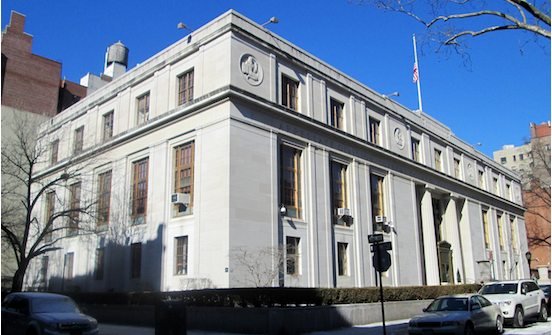NY top court requires deportation warning

Screen Shot 2013-11-19 at 10.59.38 AM.png
ALBANY— New York trial judges must warn non-citizens they may be deported before allowing them to plead guilty to felonies, the state’s highest court ruled Tuesday.
Defendants are entitled to be notified of such “a grave impact and frequent occurrence,” the Court of Appeals said. The majority cited increased deportations by immigration authorities under tougher U.S. laws and enforcement policy.
The court, divided 5-2, said the new requirement is grounded in the constitutional right to due process.